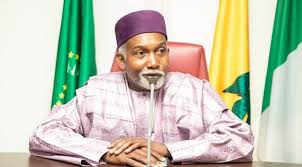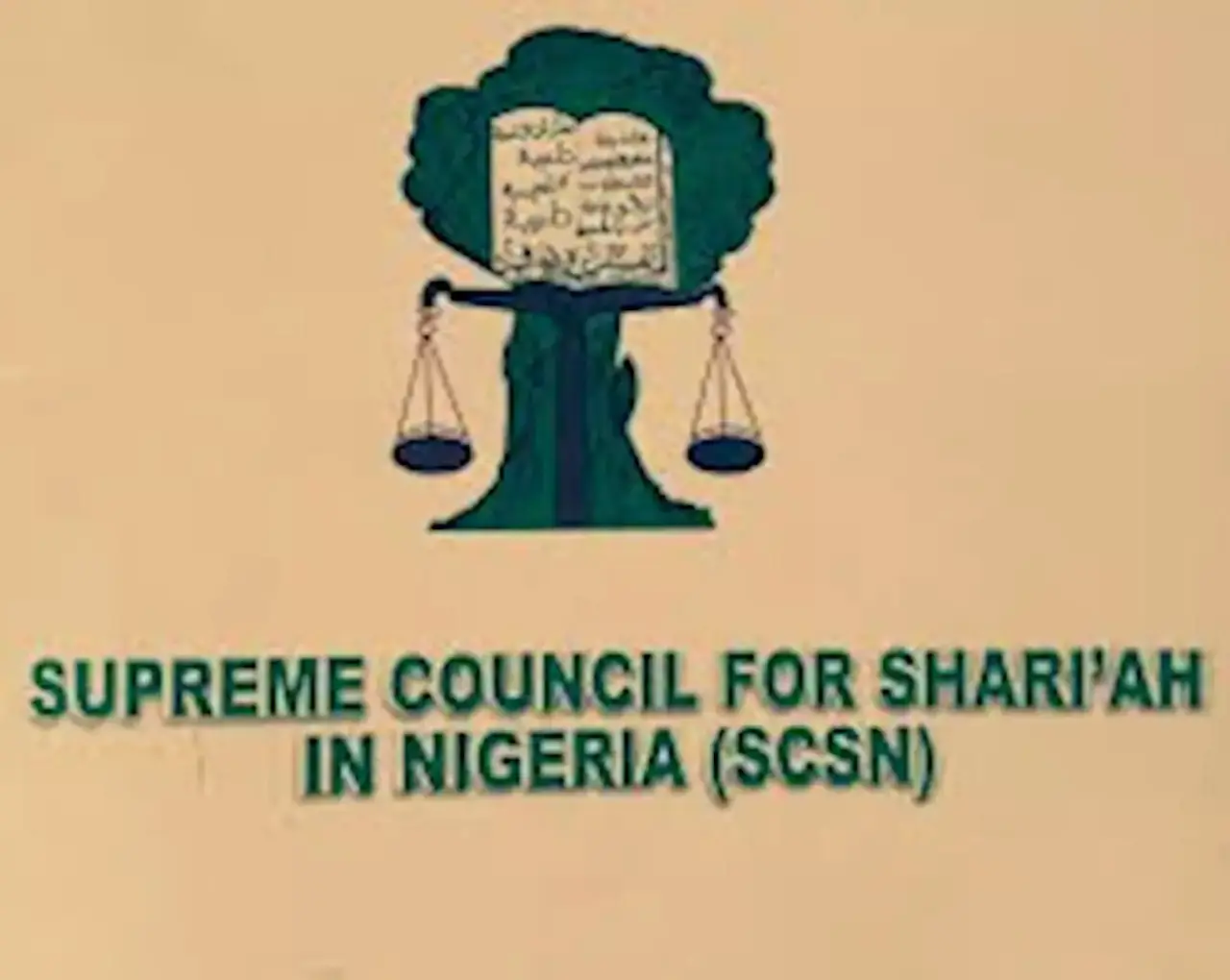Hajj Subsidy: CISLAC Commends ICPC Over Probe into Alleged N90b Fraud

The Executive Director of the Civil Society Legislative Advocacy Centre (CISLAC), Comrade Auwal Musa Rafsanjani, has praised the Independent Corrupt Practices and Other Related Offences Commission (ICPC) for initiating an investigation into the National Hajj Commission of Nigeria (NAHCON) over allegations of misappropriating N90 billion in Hajj subsidies.
In a statement, Rafsanjani described the widespread looting during the recent Hajj exercise as alarming, particularly given the religious significance of the event. Reports indicate that despite substantial payments and the allocation of federal government subsidies, many pilgrims received substandard treatment, raising serious concerns about the management of funds by NAHCON.
“We commend the ICPC’s efforts to expose this monumental fraud and urge them to ensure that corruption is rooted out of our public institutions,” Rafsanjani said.
CISLAC’s concerns are further heightened by Nigeria’s ongoing struggle with corruption, as the country ranked 150 out of 180 on the 2023 Corruption Perceptions Index (CPI) released by Transparency International. This CPI score, which reflects the perceived levels of public sector corruption, underscores the urgent need for reforms.
Rafsanjani, who also heads Transparency International Nigeria (TI-Nigeria), pointed out that persistent fraud and institutional failures have significantly contributed to the country’s deepening poverty. With over 133 million Nigerians living in multidimensional poverty, according to recent figures from the National Bureau of Statistics (NBS), the diversion of public funds intended for citizens’ welfare has exacerbated the nation’s socio-economic challenges.
“The level of fraud and disregard for institutional integrity have plunged millions of Nigerians into abject poverty while a few individuals amass wealth at the expense of the general populace,” Rafsanjani noted.
He further condemned the actions of corrupt public officials, attributing Nigeria’s current state to their “wickedness,” and called for a concerted effort to restore trust, integrity, and dignity to the nation’s public institutions.
With the ICPC’s investigation underway, CISLAC and other civil society organizations are hopeful that this case will serve as a turning point in the fight against corruption in Nigeria, ensuring accountability and justice for the millions of citizens who suffer the consequences of corrupt practices.




